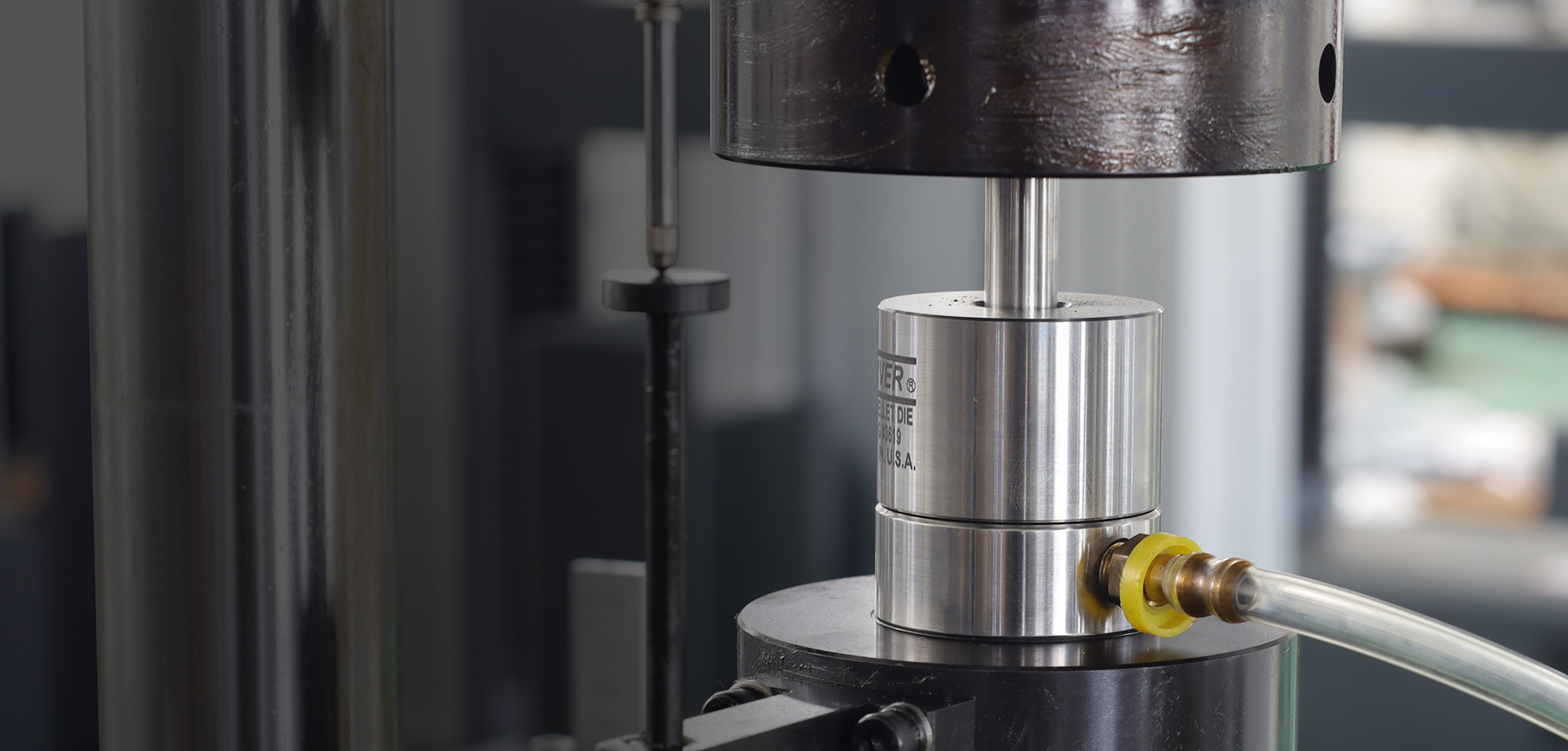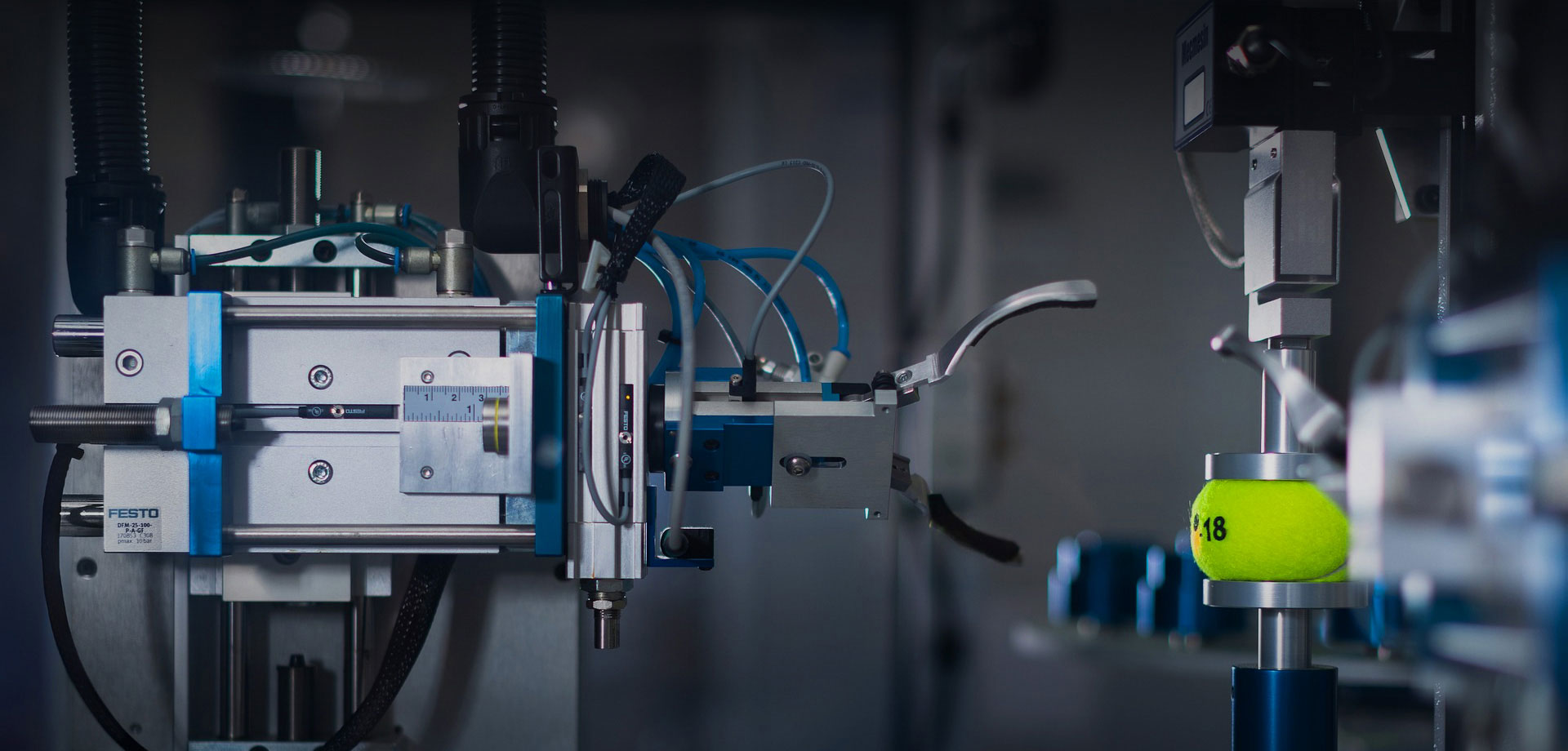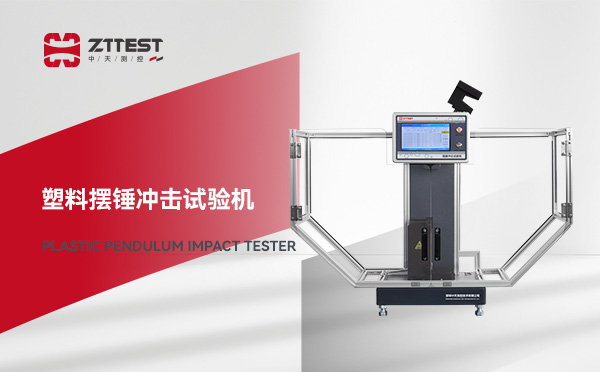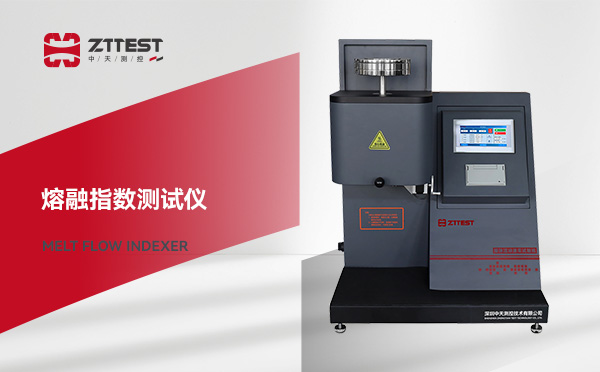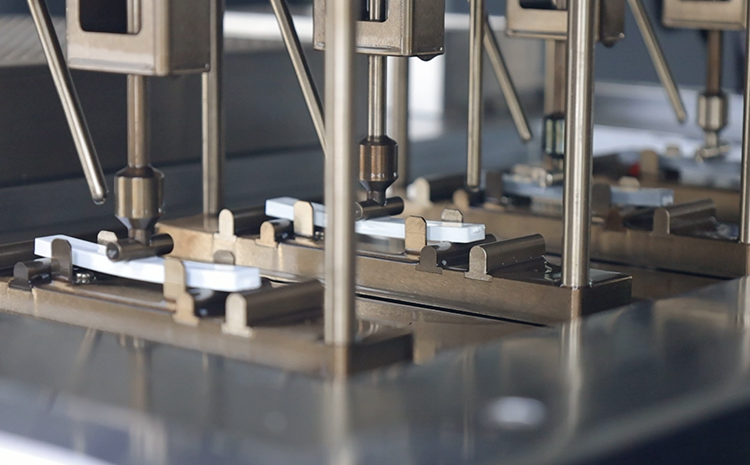Introduction
Engineering plastics, such as Nylon PA, Polycarbonate (PC), Polyoxymethylene (POM), and Polyphenylene Sulfide (PPS), are widely used in automotive, electronics, aerospace, and other industries due to their high strength, heat resistance, and corrosion resistance. The Melt Flow Index (MFR/MVR) is a critical parameter for evaluating the processing fluidity and end-product performance of these materials. As a specialized engineering plastic melt flow index tester manufacturer, we provide high-precision, intelligent testing equipment to help clients control raw material quality, optimize production processes, and enhance product competitiveness.
I. Core Value of Melt Flow Index Testing for Engineering Plastics
.Processing Adaptability Assessment
The melt flow index directly impacts the efficiency of molding processes like injection and extrusion. Excessively high or low MFR may lead to defects such as insufficient filling, flash, or shrinkage.
Precise testing enables parameter optimization (temperature, pressure), reduces trial cycles, and minimizes scrap rates.
.Performance Stability Control
Modified engineering plastics (e.g., reinforced, toughened, flame-retardant) require strict monitoring of melt fluidity to ensure batch consistency.
MFR/MVR data validates long-term properties like aging resistance and thermal stability.
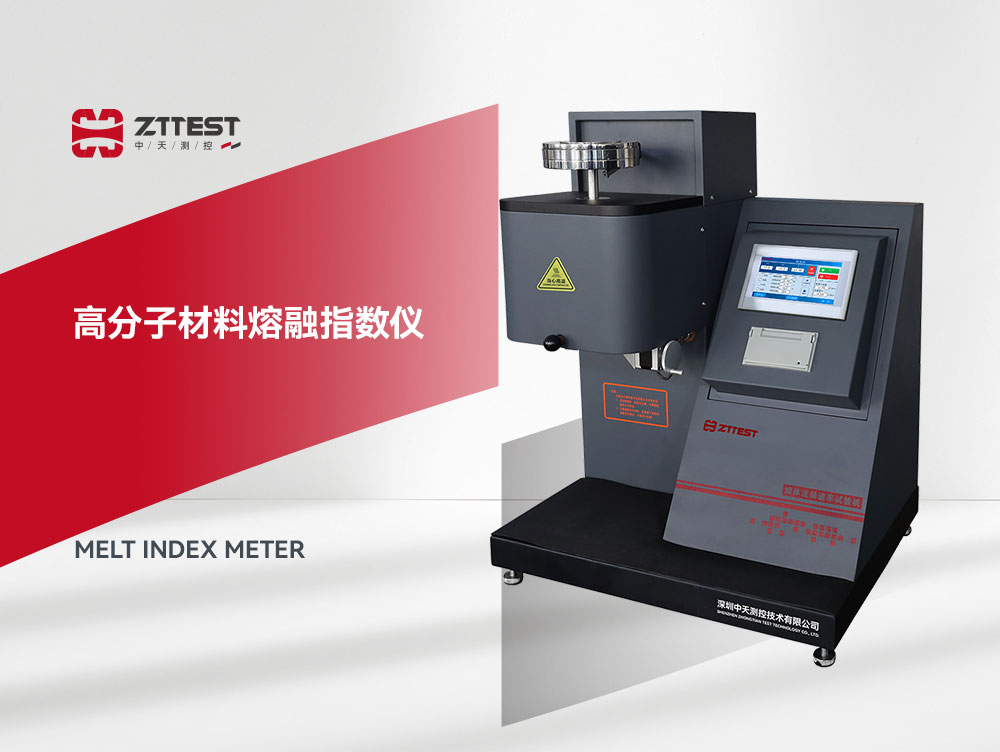
II. Technical Advantages of Our Melt Flow Index Testers
Designed for high-temperature, high-viscosity, and decomposition-prone engineering plastics, our instruments feature:
.Wide-Temperature High-Precision Control System
Temperature Range: Room temperature to 450°C, compatible with high-melting-point materials like PC (300°C) and PPS (315°C).
Control Accuracy: ±0.2°C (industry average: ±0.5°C), utilizing PID algorithms and multi-zone heating to ensure longitudinal temperature deviation ≤1°C.
.Intelligent Multi-Load Switching
Multi-Level Weights: 2.16kg, 5kg, 10kg, 21.6kg to accommodate varying viscosities.
One-Touch Switching: Eliminates manual weight replacement errors and improves efficiency.
.Corrosion-Resistant and Wear-Proof Materials
Nitrogenized steel or carbide barrels/pistons resist high-temperature oxidation and residual corrosion.
Automatic scraping mechanism reduces carbon deposits for accurate results.
III. Standardized Testing Procedures and Industry Applications
Compliant with ISO 1133, ASTM D1238, and GB/T 3682, our testers support both MFR (mass method) and MVR (volume method) for:
.Engineering Plastic Raw Material Production
Nylon PA66 testing (275°C/5kg) for batch stability verification.
PC fluidity evaluation (300°C/1.2kg) to optimize injection molding parameters.
.Modified Material R&D
Glass fiber-reinforced PBT flow rate testing (250°C/2.16kg) for dispersion optimization.
Flame-retardant ABS comparative analysis (220°C/10kg) to ensure processing compatibility.
.Automotive & Electronic Component Quality Control
High-temperature fluidity validation of PPS for engine components (315°C/5kg).
Rapid sampling of LCP connectors (345°C/2.16kg) for melt flow consistency.
IV. Why Choose a Professional Manufacturer?
With 10 years of expertise in testing equipment, we deliver:
.Customized Solutions
Non-standard testing (e.g., ultra-high temperatures up to 500°C, miniaturized sample chambers).
Pre-installed testing programs for PC, PBT, PPS, and other materials.
.End-to-End Technical Support
Free sample testing and data comparison for equipment compatibility.
Full training (loading, calibration, maintenance) with bilingual manuals.
.Global Service Network
24/7 after-sales support for parts replacement and software upgrades.
CE-certified equipment with internationally recognized data for export compliance.
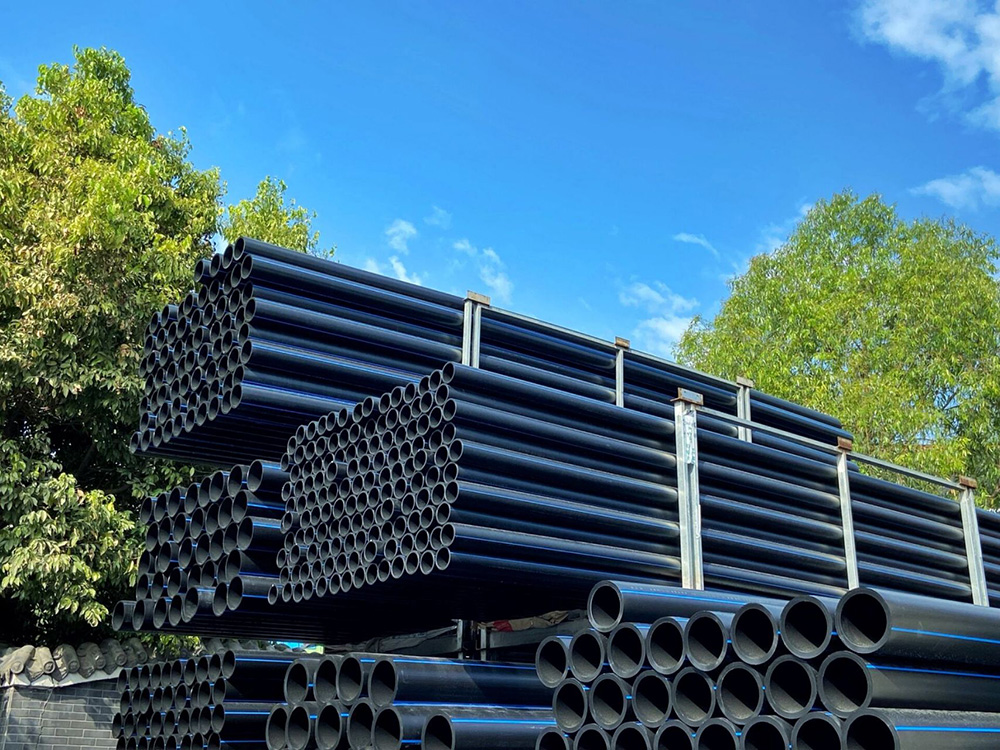
V. Client Success Stories
Leading Modified Plastics Producer: Deployed 10 high-precision testers for PA/PPO alloy R&D, boosting testing efficiency by 40%.
Automotive Parts Manufacturer: Reduced POM gear defect rates by 15% through melt flow data-driven process optimization.
Third-Party Lab: Achieved 200+ daily tests with fully automated unmanned testers.
Explore more case studies: [Industry Solutions]
Conclusion
The high performance and value of engineering plastics rely on accurate melt flow index data. As a trusted engineering plastic melt flow index tester manufacturer, we combine innovation with full lifecycle support—from equipment selection to after-sales service—to empower breakthroughs in material R&D and quality control.
Contact Us Today: Request a free sample test or tailored solution from our engineering team!




